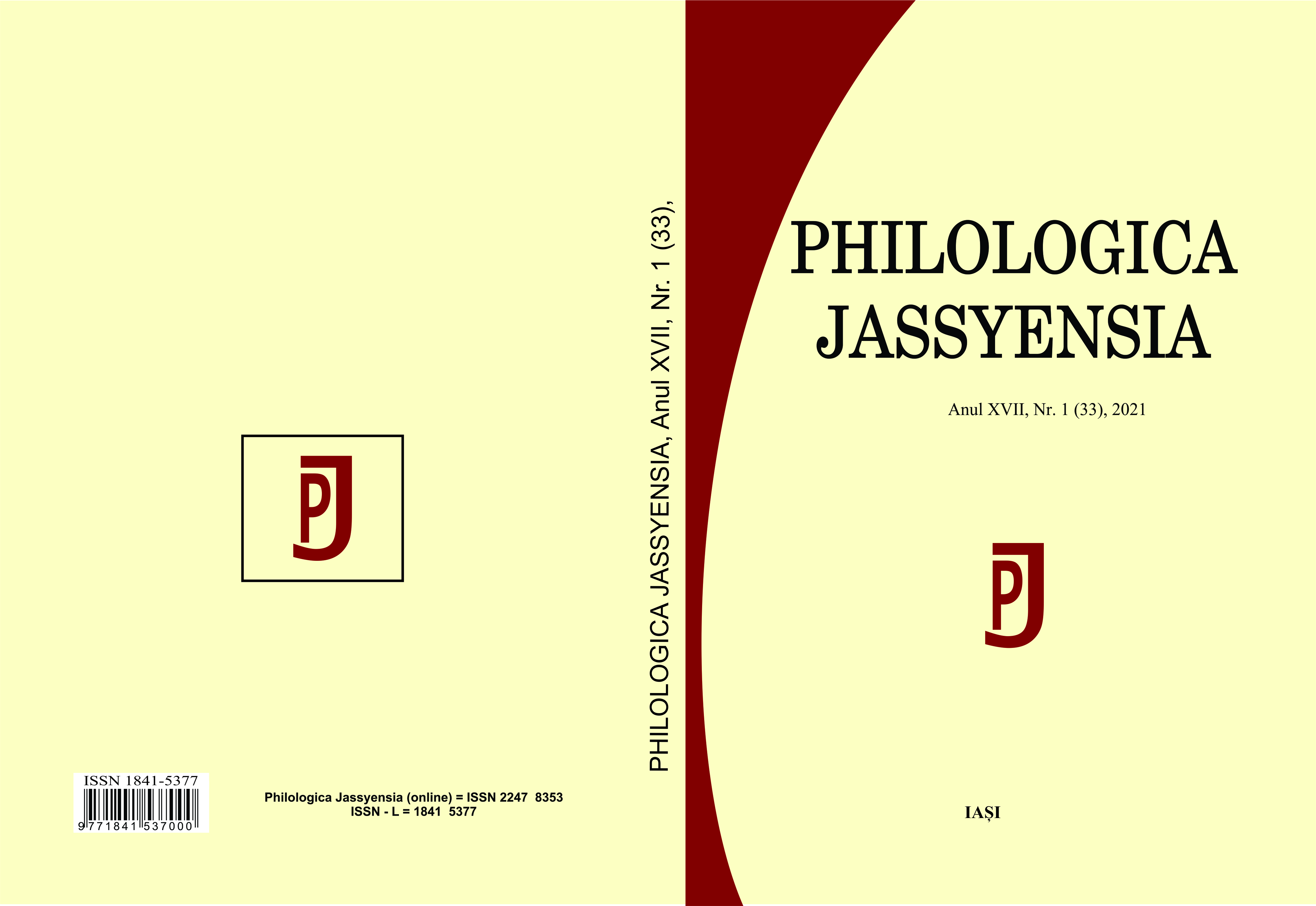“Memory, Though, is as Strong as Hope”. Queen Marie of Romania and her War Literature
“Memory, Though, is as Strong as Hope”. Queen Marie of Romania and her War Literature
Author(s): Raluca DunăSubject(s): Interwar Period (1920 - 1939)
Published by: Editura Tracus Arte
Keywords: autobiography and diary writing; war literature; rereading; The First World War;
Summary/Abstract: This study aims to reconsider the literature of Queen Marie of Romania, a personality acknowledged nowadays for the major role she played during First World War in Romania. I start from the assumption advanced by Romanian historians that the literature of the Queen played an important part in her political commitment to the national ideal. Apart from its ideological and moral value during the war, her literature deserves a fresh view from the perspective of literary studies. Her work, comprising fiction, memories, an autobiography and a private diary of over two decades proves a complex corpus of literary texts that needs to be re-examined. Marie of Romania was a successful writer for a contemporary international and national public and I tried first to outline a short history of her reception pointing to a few important moments and names. Her autobiography was appreciated by Virginia Woolf in a 1934 review totally unknown to Romanian criticism, while in The United States Marie was probably our most famous writer during the 1930s. In Romania, Marie’s biographical literature was one of the pioneers of the genre, perceived as such by an independent critic like Octav Șuluțiu. She actually encouraged a whole trend in feminine diary and memorial writing which also needs researching within Romanian literary studies. She was perceived by women and by the whole Romanian society as a model during the war, but I approach her literature as her special means to construct this model and pursue her public mission. Her literature continued her many charity, social and political activities, it created a “bridge” of communication between herself and her people. Literature made her voice sound in the ears of the “broken ones” to bring them a message of resilience and hope during hard times. My aim was to reconsider her literature diachronically, with a focus on the literature she published with the advent of the war: My Country, with its English and Romanian successive editions (until the 1925 edition The Country that I love. An exile’s memories), the “personal” articles published in the Army’s newspaper and gathered in the volume From my heart to theirs (1917) and finally her autobiography. The Story of my Life fulfilled her memorial project and offered an image of herself from her childhood until the end of the war. Her literature as a whole was intended to express her own search of identity, her (re)readings of herself and of her life. The theme of identity is infused in all her literature, as she put it openly in the foreword to The Story of My life: her private and her public identity are profoundly related one to another. She continually searched within her memory and displayed images and narratives of herself, in her private and public works, fictional or non-fictional. Her writing is defined by recurrent memorial leitmotifs, by the circulation of texts from private to public and by their continuous rewriting. This overview on Marie of Romania’s literature tried to grasp the meaning of her war literature, its evolution and functions during the war and after. My aim was also to enhance the literary virtues of an autobiographical writing which captured the author’s self and her sensitive experience of life.
Journal: Philologica Jassyensia
- Issue Year: XVII/2021
- Issue No: 1 (33)
- Page Range: 81-93
- Page Count: 13
- Language: English

